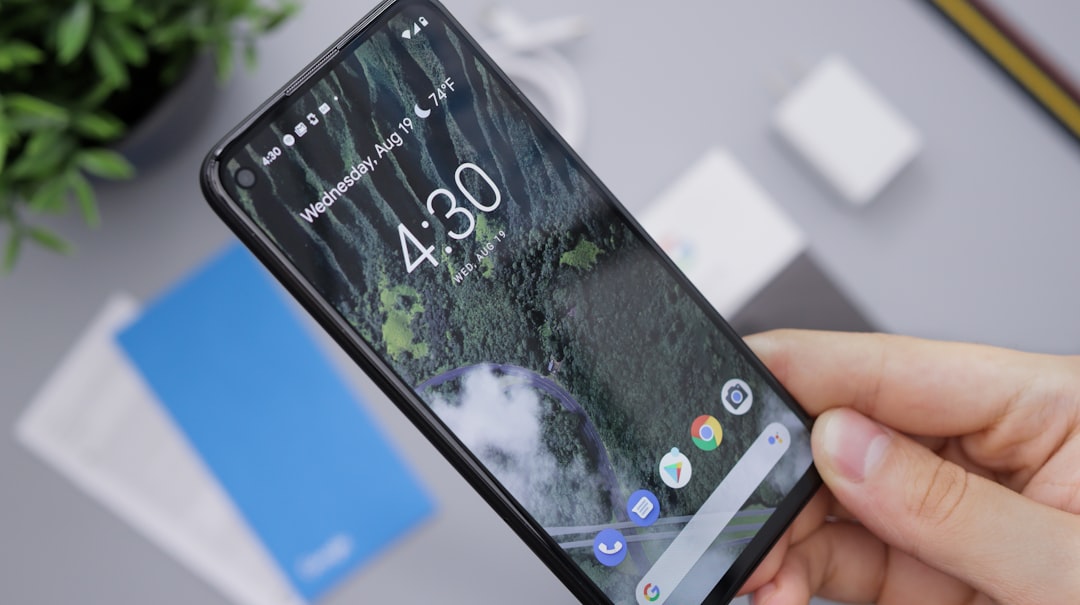Carrier filtering in the Bronx raises privacy concerns under TCPA laws enforced by a lawyer for TCPA New York. These laws restrict blocking automated or prerecorded calls without explicit consent, protecting residents from unwanted marketing campaigns. Legal counsel is crucial to navigate these regulations and ensure compliance, especially as technologies evolve to safeguard personal data in a bustling urban environment.
“In the digital age, privacy concerns surrounding communication are more vital than ever. The practice of carrier filtering, while intended to curb unwanted calls, raises significant privacy issues for Bronx phone owners. This article delves into the intricacies of carrier filtering and its implications under New York’s TCPA regulations. We explore the potential impact on residents’ privacy, examine legal perspectives from a lawyer specializing in TCPA New York, and offer resources to protect personal data. Additionally, alternative solutions are presented to enhance communication privacy for Bronx residents.”
Understanding Carrier Filtering and TCPA Regulations in New York

Carrier filtering, a process that blocks calls from specific phone carriers, has become increasingly common in urban areas like the Bronx. While it offers potential benefits for recipients by reducing unwanted calls, it also raises privacy concerns. In New York, these worries are governed by the Telephone Consumer Protection Act (TCPA), a federal law designed to curb abusive telemarketing practices. The TCPA restricts companies and carriers from making phone calls using automated systems or prerecorded messages without prior explicit consent, ensuring consumers’ privacy and autonomy.
Bronx residents should be aware that any implementation of carrier filtering must comply with New York’s stringent TCPA regulations, enforced by dedicated lawyers for TCPA New York. These laws protect individuals from unwanted communications and provide a framework for holding violators accountable. Understanding these regulations is crucial for both consumers and businesses to ensure compliance and maintain the privacy rights of Bronx phone owners.
Impact on Bronx Phone Owners: Privacy Concerns Arise

For Bronx phone owners, carrier filtering—while intended to curb unwanted calls—can trigger significant privacy concerns. This practice allows carriers to block or redirect incoming calls based on specific criteria, such as area codes or call patterns, without the explicit consent of the recipient. Although this might seem like a positive step towards reducing spam calls, it raises questions about who has access to individual call data and how it’s used.
Without proper transparency and regulatory oversight, carrier filtering can lead to a situation where personal phone numbers become tradeable assets for carriers or third-party entities. This could result in targeted marketing campaigns that go beyond informed consent, infringing on the privacy rights of Bronx residents as guaranteed under New York law and the Telephone Consumer Protection Act (TCPA). Engaging the services of a qualified lawyer for TCPA New York can help individuals protect their privacy rights and understand their legal options in such scenarios.
Legality of Carrier Filtering: A Lawyer's Perspective

Carrier filtering, while offering potential benefits for consumers seeking to block unwanted calls, raises significant privacy concerns and legal implications, particularly in the context of the Telephone Consumer Protection Act (TCPA) in New York. From a lawyer’s perspective, understanding the TCPA’s restrictions on automated call blocking technologies is crucial. The law prohibits using any device or software to block, suppress, or intercept communications for commercial purposes without prior express consent from the caller.
While carrier filtering may seem like a neutral tool, its impact on privacy can be profound. Lawyers argue that these filters could inadvertently block legal marketing calls, leading to potential TCPA violations and costly lawsuits for businesses. As such, any implementation of carrier filtering by phone carriers or individuals must carefully navigate the legal boundaries set by the TCPA to ensure compliance and protect against unwanted litigation, especially in a densely populated area like the Bronx where diverse communication needs exist.
Protecting Personal Data: Rights and Resources for Residents

In the digital age, protecting personal data is paramount, especially in light of carrier filtering practices. Bronx residents, like all phone owners across New York, have rights under the Telephone Consumer Protection Act (TCPA) to safeguard their privacy and prevent unauthorized use of their information. This federal law restricts companies from making automated or prerecorded calls to consumers without explicit consent.
For those affected by carrier filtering, seeking legal counsel from a specialist lawyer for TCPA New York can be a crucial step. These attorneys can help residents understand their rights, navigate the complexities of the TCPA, and take appropriate action if their privacy has been infringed upon. By familiarizing themselves with these resources, Bronx residents can better protect their personal data and ensure they retain control over how their information is used in the ever-evolving landscape of telecommunications.
Alternative Solutions to Enhance Communication Privacy

In light of the complex privacy concerns surrounding carrier filtering, Bronx phone owners seeking to protect their communications may explore alternative solutions. One prominent approach involves leveraging the Telephone Consumer Protection Act (TCPA) regulations in New York. A lawyer for TCPA New York can guide individuals on how to enforce their rights against unwanted calls, ensuring that communication preferences are respected.
Additionally, adopting privacy-focused tools and applications can significantly enhance personal security. These technologies offer robust solutions for blocking unauthorized callers, encrypting data, and securing voice assistants, providing a comprehensive layer of protection. By combining legal advocacy and technological advancements, Bronx residents can take proactive steps to safeguard their privacy in an increasingly digital landscape.






